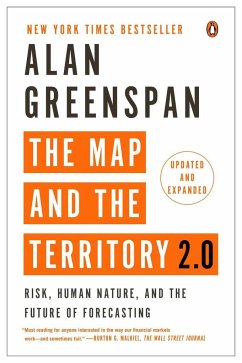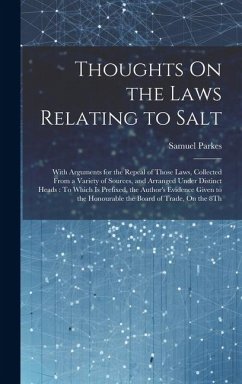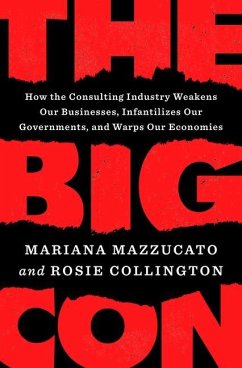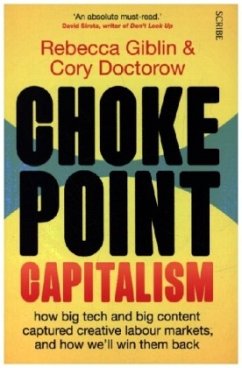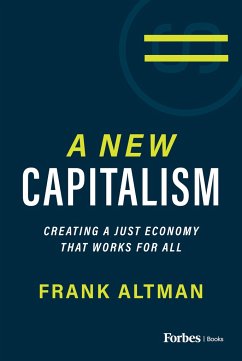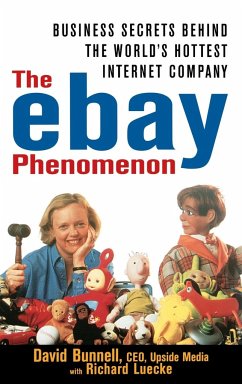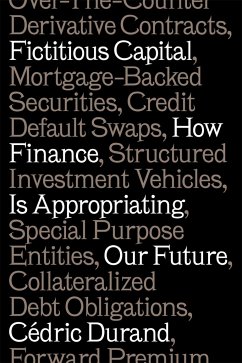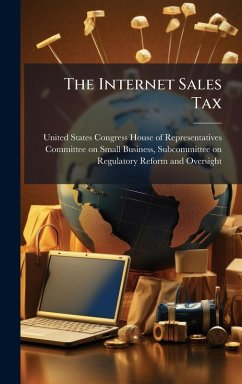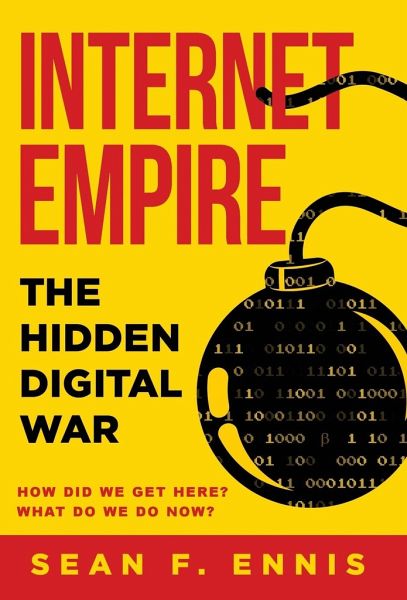
Internet Empire: The Hidden Digital War
Versandkostenfrei!
Versandfertig in über 4 Wochen
26,99 €
inkl. MwSt.
Weitere Ausgaben:

PAYBACK Punkte
13 °P sammeln!
Virtual business is here to stay. But it has a dark side. This book explains how the internet expansion of US companies has been like that of traditional empire building. Arguing from detailed analysis of the origins of the internet, the key product features of internet companies and the economic nature of war, the author shows how its rise has been a mixed blessing. He then argues that we can change our own behavior to make the internet economy better for our own individual and collective future. Modern economies are fundamentally different from those of the past five millennia. Professor Enn...
Virtual business is here to stay. But it has a dark side. This book explains how the internet expansion of US companies has been like that of traditional empire building. Arguing from detailed analysis of the origins of the internet, the key product features of internet companies and the economic nature of war, the author shows how its rise has been a mixed blessing. He then argues that we can change our own behavior to make the internet economy better for our own individual and collective future. Modern economies are fundamentally different from those of the past five millennia. Professor Ennis shows how the transition to a digital economy creates wonderful innovation, but also has a dark side that needs our attention. The digital world has created a new, civilized type of war, one that does not involve armies or guns but instead features bankers, optical fiber, algorithms and Birkenstock-wearing geniuses. Where digital battles are fought for foreign territory, no one dies. But in these digital wars, private companies can take over and dominate foreign economic activity in ways that would be envied by Caesar and Napoleon. The author argues that the expansion of internet businesses has achieved the aims of war without its horrific consequences. Governments are taking action; but it is too little and perhaps too late. Despite their best intentions, they do not take into account how we, the users, make decisions and they focus unduly on company size rather than company behavior. Government policies over history are replete with unintended consequences; digital regulation will be no different. When businesses distort and restrain markets, government policy is not enough to fight back. If the problems come from individual behavior, so should the solutions. Ennis shows that individual users of the internet all have a role to play in determining the future nature of our digital economies. Building on his provocative diagnosis, he suggests 15 ways we can take back control and, in so doing, transform the internet into a fairer and healthier place that can deliver freedom of choice.



